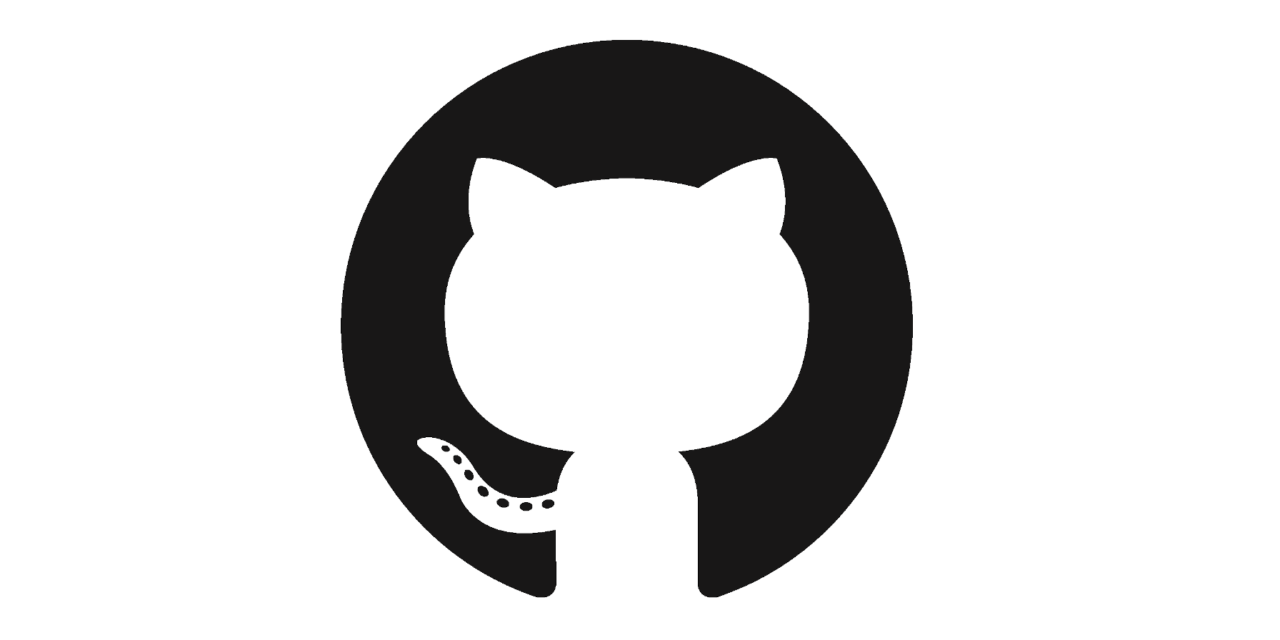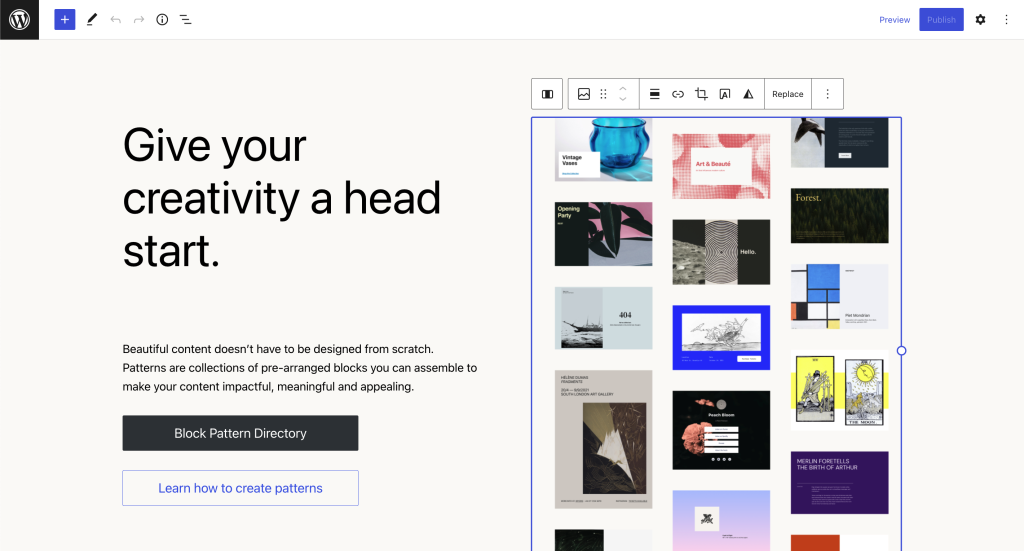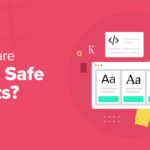GitHub has announced that Copilot, its new AI pair programming assistant, is now available to developers for $10/month or $100/year. Verified students and maintainers of open source projects will have free access to Copilot. The assistant is available as an extension for popular code editors, including Neovim, JetBrains IDEs, Visual Studio, and Visual Studio Code.
Copilot was trained on billions of lines of public code in order to offer real-time code suggestions inside the editor. GitHub claims it is capable of suggesting complete methods, boilerplate code, whole unit tests, and complex algorithms.
“With GitHub Copilot, for the first time in the history of software, AI can be broadly harnessed by developers to write and complete code,” GitHub CEO Thomas Dohmke said. “Just like the rise of compilers and open source, we believe AI-assisted coding will fundamentally change the nature of software development, giving developers a new tool to write code easier and faster so they can be happier in their lives.”
Despite its many claims to improve developer efficiency, Copilot is still a controversial tool. Opponents object to the tool’s creators training the AI on open source code hosted on GitHub, generating code without attribution, and then charging users monthly to use Copilot. It has also been criticized for producing insecure code and copying large chunks of code verbatim.
Evan after 12 months in technical preview, Copilot remains generally polarizing at its public launch. Developers either seem to be impressed by its capabilities or offended by its ethical ambiguities. GitHub had more than 1.2 million developers in its technical preview and reports that those who started using Copilot quickly found it “an indispensable part of their daily workflows.”
“In files where it’s enabled, nearly 40% of code is being written by GitHub Copilot in popular coding languages, like Python—and we expect that to increase,” Dohmke said. “That’s creating more time and space for developers to focus on solving bigger problems and building even better software.”











